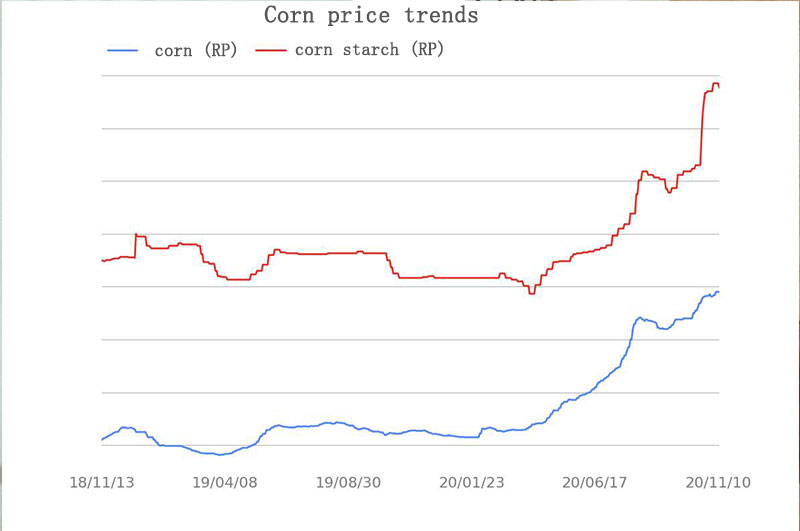Organic allulose syrup is a liquid form of allulose, a rare sugar that is naturally found in some fruits and plants. Allulose has the same chemical formula as fructose, but a different structure that prevents it from being metabolized by the body. As a result, allulose has very few calories and does not raise blood sugar or insulin levels. It is also considered safe by the FDA and other regulatory agencies.
But how does organic allulose syrup affect the taste and texture of food? Is it a good substitute for sugar or honey in various recipes? Here are some of the benefits and drawbacks of using organic allulose syrup in your cooking and baking.
Benefits of organic allulose syrup
- Similar taste and texture to sugar: Unlike some artificial sweeteners, organic allulose syrup has a similar taste and texture to sugar. It is about 70% as sweet as sugar, which is comparable to erythritol, another popular sugar alternative. It does not have a bitter or chemical aftertaste, and it dissolves easily in liquids. It also browns when baked, giving it a similar appearance to sugar.
- Low in calories and carbs: Organic allulose syrup provides only 0.4 calories per gram, compared to 4 calories per gram in sugar. This means that you can use less of it to achieve the same level of sweetness, and save on calories and carbs. For example, one tablespoon of organic allulose syrup has 16 calories and 4 grams of carbs, while one tablespoon of sugar has 48 calories and 12 grams of carbs.
- Potential health benefits: Some studies suggest that organic allulose syrup may have some health benefits, such as lowering blood sugar, increasing fat loss, improving fatty liver, and reducing inflammation. However, more research is needed to confirm these effects and determine the optimal dosage and safety of long-term use.
Drawbacks of organic allulose syrup
- Not widely available: Organic allulose syrup is a relatively new product on the market, and it is not widely available in most grocery stores or online retailers. It may also be more expensive than sugar or other sweeteners, depending on the brand and source.
- May cause digestive issues: Organic allulose syrup is not absorbed by the body, but it is fermented by the bacteria in the large intestine. This may cause some digestive issues, such as gas, bloating, diarrhea, or abdominal discomfort, especially if consumed in large amounts or by people with sensitive stomachs. The FDA recommends limiting the intake of allulose to 0.9 grams per kilogram of body weight per day, which is equivalent to about 60 grams or 4 tablespoons for a 150-pound person.
- May not work well in some recipes: Organic allulose syrup may not work well in some recipes that rely on the chemical properties of sugar, such as caramel, candy, jam, or meringue. It may also affect the texture and moisture of baked goods, such as cookies, cakes, or bread. Therefore, it is advisable to follow the instructions and measurements of the specific recipe or brand of organic allulose syrup, and adjust the amount and type of other ingredients accordingly.
Conclusion
Organic allulose syrup is a liquid form of allulose, a rare sugar that has very few calories and does not raise blood sugar or insulin levels. It has a similar taste and texture to sugar, and may have some health benefits. However, it is not widely available, may cause digestive issues, and may not work well in some recipes. Therefore, it is important to use it in moderation and with caution, and consult your doctor before using it if you have any medical conditions or concerns.

